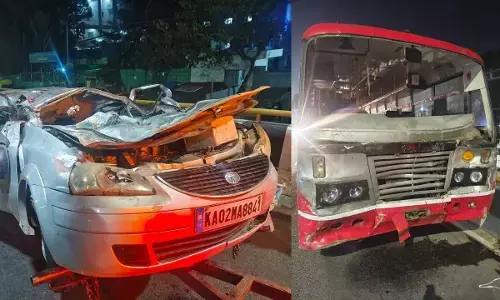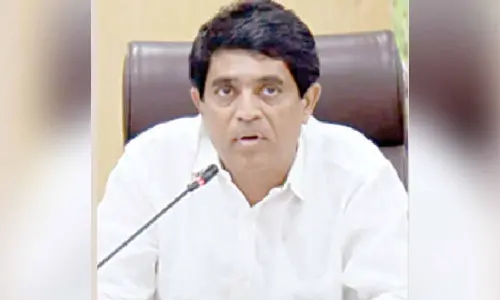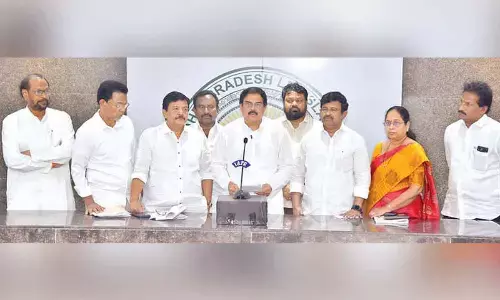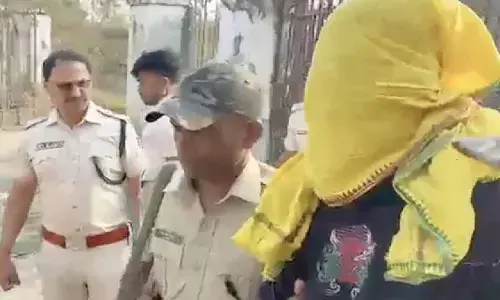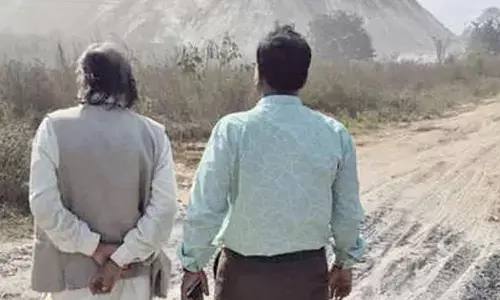Yamuna Pollution: UP authorities failed to take remedial measures, says NGT
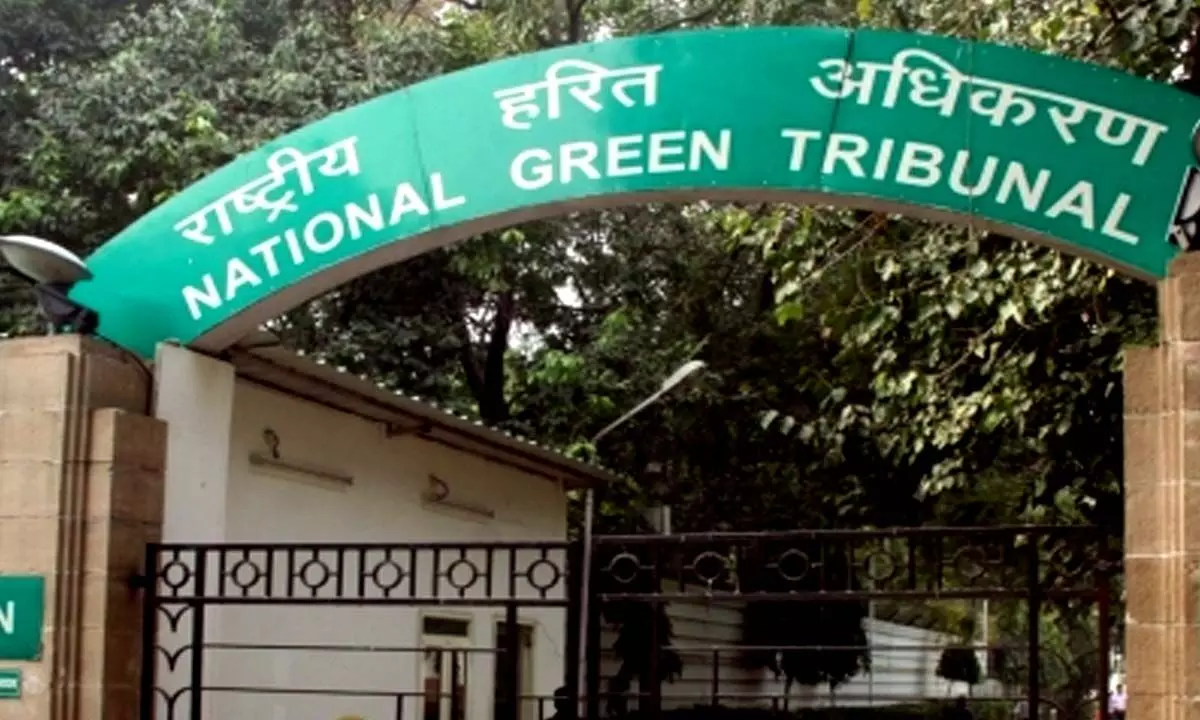
National Green Tribunal
The National Green Tribunal (NGT) has observed that the Uttar Pradesh authorities have failed to take remedial measures on the discharge of untreated sewage in the Yamuna river.
New Delhi: The National Green Tribunal (NGT) has observed that the Uttar Pradesh authorities have failed to take remedial measures on the discharge of untreated sewage in the Yamuna river.
Noting the failure of the state authorities to take remedial measures directed by the green court last year, a bench of NGT Chairperson, Justice Adarsh Kumar Goel (retd), directed a committee led by the Additional Chief Secretary to furnish a factual and action taken report in the matter.
It also asked the panel to specify the extent of sewage generation, installed treatment capacity, actual utilisation, the performance of STPs, and utilisation of treated sewage for irrigation and other purposes.
The committee may ascertain the gap in terms of disposal of treated or untreated sewage into river Yamuna through different drains and recommend compensation to be levied for remedial action on the pattern of recent order of the Tribunal, it said.
In the grievance, the petitioner claimed that at present sewage generation in Mathura- Vrindavan is 77.42 mId and there are 36 drains in Mathura-Vrindavan discharging sewage into the river.
The water quality of Yamuna is unfit to sustain any life and contains faecal coliform, more than 68,000 MPN/100 ml, as per the plea. "River Yamuna, the daughter of Sun and the sister of Yamraj, enjoys a very exalted place in Hindu mythology. Discharging sewage is not only detrimental to the ecosystem but is also hurtful to the religious sentiments of the Hindus, globally. The ground reality is that in the name of 'treatment', the dysfunctional STPs are continually discharging untreated sewage in the holy waters of Yamuna.
"Under the circumstances, it is imperative that the sewage water, whether treated or untreated should not be allowed to enter the river. To this end bunching of drains should be done and the sewage discharge from the twin cities should be guided into oxidation ponds after the so-called treatment. This water could then be put to agricultural/ horticultural use depending upon its quality," the plea read.


